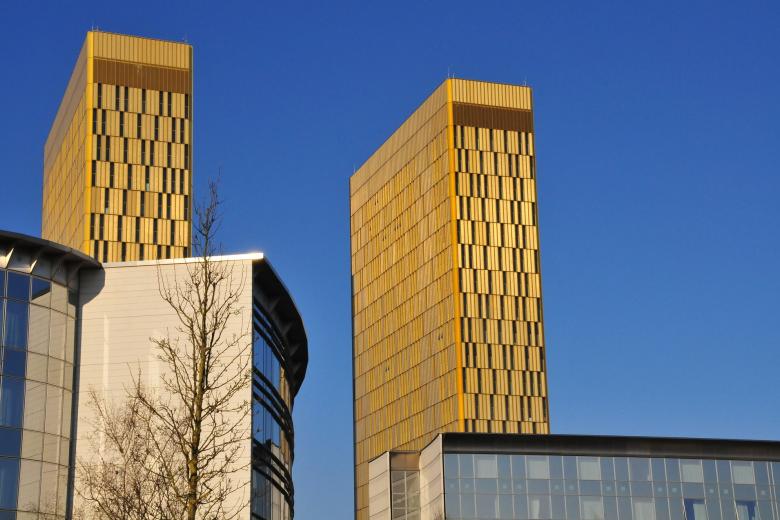PBL Case BA.pdf
(207.9 KB, PDF)
… Maastricht University School of Business and Economics Problem Based Learning (PBL) Case – Business Analytics Sustainable food supply chains Reducing the environmental impact of feeding a growing world population is a key element to make the world more sustainable. Take as an example the supply chain of fresh vegetables from the farm to our fridge in the kitchen, involving growing, harvesting, transport, retail, supermarkets, doing groceries and cooking a meal. Along this way, a lot can go wrong, … forces to order pizza again. Failures, that lead to a waste of money and natural resources. At the same time, small physical devices called sensors which can measure physical or chemical conditions within the environment become ever cheaper. Using Internet of Things protocols, they can easily transmit collected data to huge data centres. Also, RFID chips can be plugged to moving objects and used to trace them. Experts in business analytics claim that these technologies can help decision makers a lot to reduce the environmental impact of food supply chains, in particular the fresh vegetable supply chain. There are plentiful examples, how analysing the collected data can lead to more awareness of what goes well and what goes wrong (using descriptive analytics), and allow better planning to omit waste (using predictive and prescriptive analytics). …

